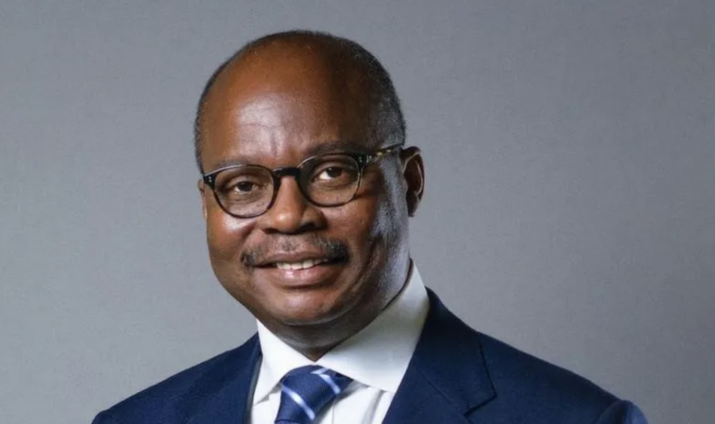The Bank of Ghana (BoG), has for the third consecutive time, kept the country’s Monetary Policy Rate (MPR), at 29 per cent, citing the risk of inflation.
Dr Ernest Addison, Governor of the Central Bank, announced the rate at a press briefing in Accra on Friday after the end of the Monetary Policy Committee (MPC) meeting.
He explained that though inflation was expected to remain within the target year band of 15 per cent, risks were tilted slightly on the upside, with some uncertainty regarding the inflation path for the year.
That, the Central Bank Governor, said was due to the recent exchange rate pressures, upward adjustment in utility tariffs and increases in ex-pump fuel prices.
“This will require maintaining the strong monetary policy stance supported by strong fiscal consolidation efforts including remaining vigilant to ensure that the end-year inflation objectives are achieved,” he said.
Read also: Consumer, business confidence softens, but economic activity surges – BoG
The Monetary Policy Rate is used by the Bank of Ghana to influence short-term interest rates and control the supply of money in the economy.
While private sector credit extension steadily improved in the first half of the year, Interest rate trends were broadly mixed at the short-end of the market, the Governor said.
On the performance of the economy, he stated that provisional Gross Domestic Product (GDP) growth pointed to a strong growth recovery, with a 4.7 per cent in the first quarter of 2024, compared with the 3.1 per cent recorded in the same period of 2023.
He stated that the real Composite Index of Economic Activity (CIEA) annual growth of 3.3 per cent in May 2024, was an improvement over the 3.7 per cent contraction in May 2023.
“The key drivers of the growth in the CIEA were private sector contribution to SSNIT, imports, cement sales, exports, domestic VAT, and tourist arrivals,” Dr Addison said.
In the banking sector, there was an indication of continued recovery from the impact of the Domestic Debt Exchange Programme (DDEP) in the first half of the year, he said.
Total banking sector assets grew by 33.3 per cent to GH¢323.1 billion at end-June 2024, relative to 21.2 per cent growth at end-June 2023, with profitability, liquidity, and efficiency indicators also improving over the period, he noted.
Latest Stories
-
Government and Gold Fields reach transitional deal on Damang mine
1 hour -
South Africa withdraws planned VAT hike after political pushback
1 hour -
CDM condemns Mahama’s ‘political tribunal’ against Chief Justice, warns of dangerous precedent
1 hour -
Defending constitutionalism: Condemnation of the strange suspension of Chief Justice
2 hours -
CJ suspension: CDM warns of executive overreach and collapse of checks and balances
3 hours -
‘Ghana faces global rebuke over politicised judicial crackdown’, says CDM
3 hours -
TDC cracks down on Sakumono Ramsar Site encroachment amid rising tensions
3 hours -
A dozen US states sue to halt Trump’s tariffs
6 hours -
China sends Boeing planes back to US over tariffs
6 hours -
Rashford doubts he will play for Man Utd again under Amorim
6 hours -
Arsenal held by Crystal Palace to leave Liverpool with point from title
6 hours -
Berta may hold key to Partey’s Arsenal future
6 hours -
AC Milan beat Inter to rech Coppa Italia final
7 hours -
Real madrid win at Getafe to close gap on Barca
7 hours -
Weinstein used ‘unfettered power’ to sexually abuse women, rape retrial hears
7 hours

